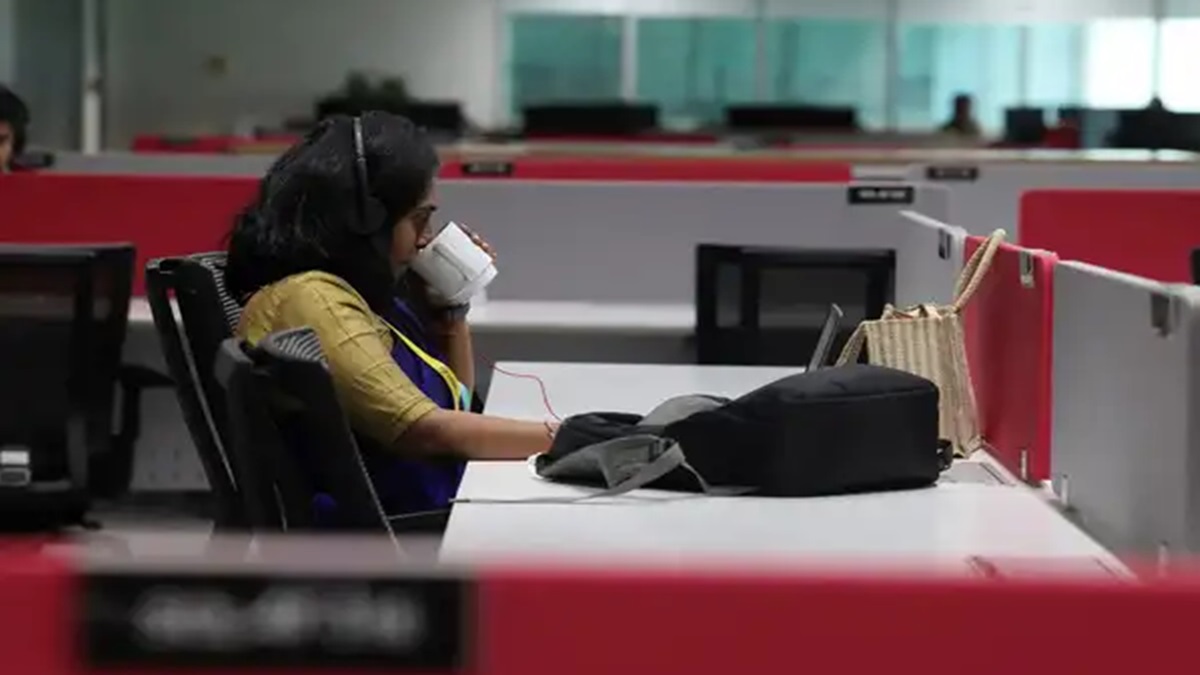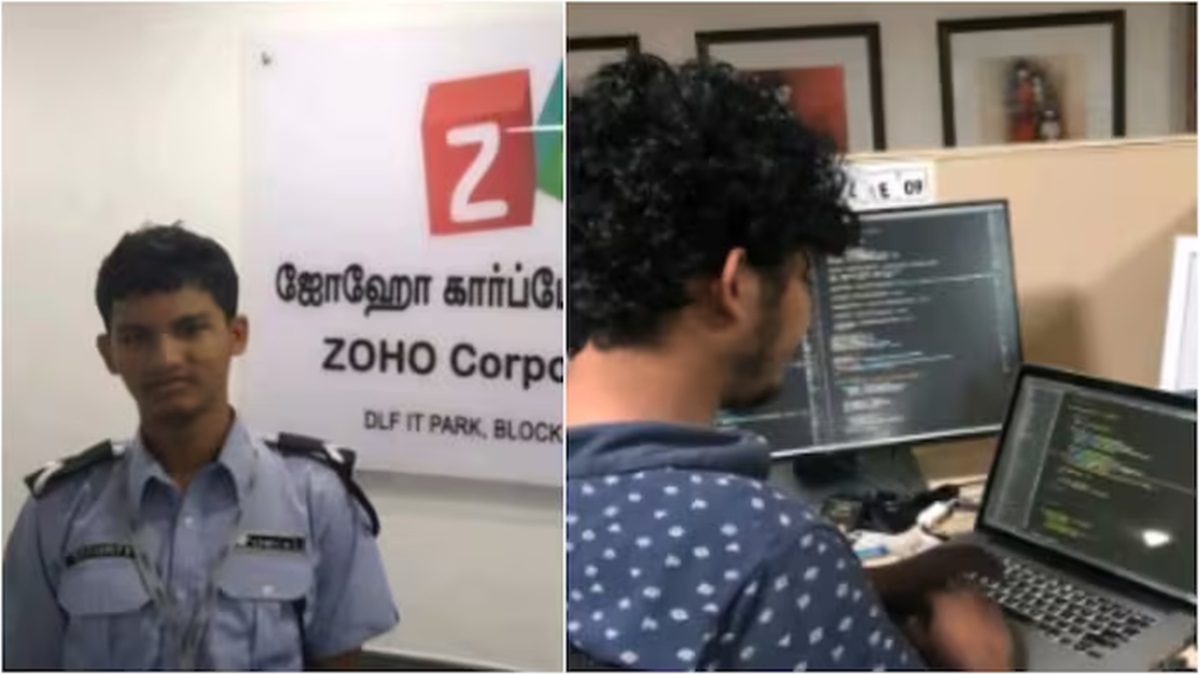Investment guru urges professionals to pivot towards non-automatable roles as AI threatens India’s middle-class employment base.
Artificial Intelligence is no longer a distant threat, it’s here, and it’s coming for white-collar jobs next, warns Saurabh Mukherjea, founder of Marcellus Investment Managers. In a recent podcast with iNRI, Mukherjea delivered a sobering message: up to 40 million Indian middle-class jobs could be at risk over the next decade due to automation.
“Anything which is repetitive… AI will do it cheaper. It’s guaranteed,” said Mukherjea, citing jobs in IT services, HR, financial modeling, equity research, and even basic consultancy work as highly vulnerable. He emphasized that roles involving repeatable knowledge tasks—often seen as secure in India’s booming services sector—are under immediate threat.
He didn’t spare himself either. “Even my job could be next,” Mukherjea admitted, adding that he has already begun reshaping his professional life. His current focus? Non-automatable tasks like writing books, building new businesses, speaking at global forums, and exploring new markets. “The only relevance people like me will have is doing what AI can’t,” he said.
While some developed economies may benefit from AI filling in labor shortages, India’s young, rapidly growing workforce faces a harsher reality. “The median age here is 28. Around 10 million graduates enter the job market each year—and AI hits junior, entry-level roles hardest,” he pointed out.
Highlighting companies like HCL Technologies, which is openly pursuing ways to “do more with fewer people,” Mukherjea stressed that the shift is already underway. “Financial services, media, consultancy, nothing is immune.”
He compared the current AI-driven disruption to the automation wave of the 1990s in the West, but said the impact in India could be more acute due to its dependence on labor-cost arbitrage. “We don’t have as many creative jobs. Our economy was built on repeatable work—and that’s exactly what AI is best at replacing,” he concluded.




















